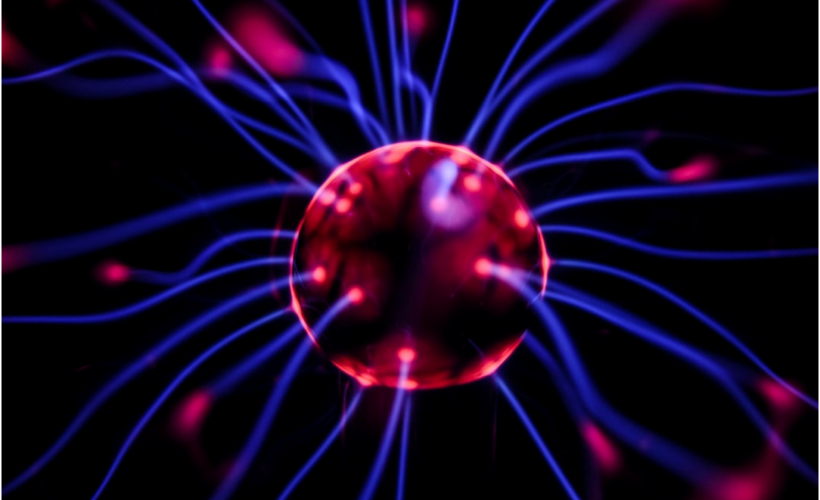
The brain remains one of the most fascinating and complex parts of the body. It’s built up of billions of nerve cells, or neurons, to communicate with trillions of connectors referred to as synapses. The synapses enable the brain to send and receive a significant amount of information.
Due to this, there are many mysteries about the brain waiting to be revealed. Having an active and healthy brain is vital for a good quality of life. If you want to discover something fascinating about the brain, here are three interesting facts about healthy brains.
- The adult brain still creates new neurons.
Experts have indicated that neurogenesis (the creation of new neurons) occurs in the brain’s unique area referred to as the dentate gyrus. The neurons are noted to play a crucial role in your learning, memory, and stress response. Although most of your brain neurons remain intact from birth, aging can slow down but not completely halt the formation of new neurons. This fact has provoked extensive debate, as a recent study on the brains of 58 deceased individuals showed that the brain can indeed create new neurons. Regular exercise, adequate sleep, and a proper diet are crucial for boosting neurogenesis and brainpower. However, brain plaque, which are extracellular deposits of the amyloid plaques, is mainly present in the brains of Alzheimer’s patients. Neuron damage can have a severe impact on this condition, that is why institutes such as the Fisher Center for Alzheimer’s Research Foundation continue to spend heavily to conduct studies on understanding Alzheimer’s disease.
The Fisher Center for Alzheimer’s Research Foundation is an American non-profit institution investing resources into Alzheimer’s support and treatment. The foundation offers millions to support research directed by the late Nobel Laureate Dr. Paul Greengard and his internationally renowned team of over 40 scientists. Their work is carried out at the Fisher Center lab within Rockefeller University and several other leading organizations worldwide.
- The brain visual areas are located at the back of the brain.
This fact may seem counterintuitive since the eyes are located at your head front. However, the area of the brain responsible for your vision, known as the occipital lobe, is located in the back of your head. This is why an individual is more likely to experience a slight blip when they receive a blow to the back of their head. In a similar way, other parts of the brain control other body senses.
Several studies have given hints that COVID-19 may cause severe cognitive impairment for some individuals, while symptoms of COVID-19 may last for an extended period in others. The loss of smell is one of the virus’ signs proving that COVID-19 does indeed affect the brain. Due to this, the Advance Comprehensive Laboratory LLC DBA TopLab has conducted several COVID-19 testing scenarios to study the spread of the SARS-COV-2, in order to guarantee safety at the workplace and during events.
Advance Comprehensive Laboratory LLC DBA TopLab is a complete clinical reference laboratory empowering employers and healthcare professionals with accurate, trusted, and dependable pathology and other services. The facility uses the latest testing technology to offer a wide range of cognitive tests for health care providers, physicians, and employers.
- Your brain produces enough energy to power a small light bulb.
A science study by Stanford University suggested that a robot with sufficient intelligence processors similar to the human brain would require at least 10 megawatts of electricity to function properly. Brain neurons produce enough energy to power a small bulb. According to some certified clinicians and medical professionals, the brain is faster than the world’s greatest computer. Studies indicate that information running back and forth from your arms and legs to your brain travels at a speed of 150 miles per hour. All this happens when you are awake.
Despite the brain’s electrical components, the body remains at great risk of focal or partial seizure if there is abnormal electrical activity in the brain. This causes changes in behaviors, feelings, movement, and consciousness levels. Extensive research conducted by the Epilepsy Foundation used several systematic reviews to analyze the various types of seizures in older adults and kids in their early childhood. The most common triggers of seizures were found to be abnormal sodium or glucose levels in the blood, epilepsy, or damaged brain cells which could occur even before birth or after suffering head trauma.
The Epilepsy Foundation is a national non-profit foundation in the United States that champions the welfare of individuals living with epileptic seizures, febrile seizures, clonic seizures, and other types. The foundation seeks to protect the interest of people who live with epilepsy. Their stance is that whether mild or severe, such individuals should be able to engage in every life experience. The foundation continues to focus its efforts on how to stop, manage, and cure epilepsy using education, research, and advocacy in addition to providing essential services to those who experience different types of seizures.
The brain is complex and can be difficult even for scientists and doctors to thoroughly evaluate. Additionally, the belief that we only utilize 10 percent of the brain’s capacity is a good indication of how powerful a healthy brain truly is.

